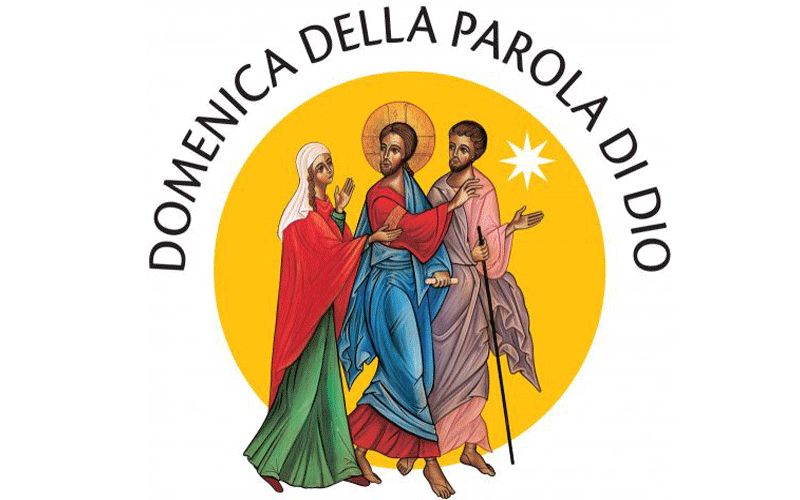“Renewed efforts should be made to provide members of the faithful with the training needed to be genuine proclaimers of the word, as is already the practice in the case of acolytes or extraordinary ministers of Holy Communion,” the Pontiff directed.
Already dioceses in Africa have started implementing Pope Francis’ guidelines of the Sunday of the Word of God, with the Catholic Diocese of Livingstone in Zambia launching the diocesan year of the Word of God dubbed “Year of the Word of God: Read, Share, Celebrate and Live it.”
During the launch, Bishop Valentine Kalumba of Zambia’s Livingstone Diocese urged Priests, Religious Sisters and the laity to spend quality time on the Scriptures.
“We need to make a decision about the Word of God preached to us. Make a decision. Let not the Word of God come and it just passes through,” Bishop Kalumba has been quoted as saying.
Addressing priests, the Zambian Bishop said, “Maybe we don’t preach well. Preach the Word of God well. Prepare the Word of God. The people of God have the right to listen to a good homily. Let’s not be boring. Be on fire”.
(Story continues below)
Bishop Kalumba’s message to priests has also been reiterated by Fr. Luchidio in his January 24 interview with ACI Africa.
“Let’s fashion our homilies to ignite fire among the faithful. Let’s not make the preaching about ourselves. It is not a CV (curriculum vitae). And it shouldn’t also be a motivational speech,” the Kenyan priest said and added, “In the homily, let’s allow the Word of God to cut both ways and to prick the conscience of the society.”
Meanwhile, a colorful icon of the encounter with Jesus on the road to Emmaus was presented to the press at a Vatican news conference January 17 as the official logo of the for the worldwide celebration of the Sunday of the Word of God.
Archbishop Rino Fisichella, President of the Pontifical Council for Promoting New Evangelization said the logo shows the “Resurrected Christ” holding in his left hand a scroll, which is “the sacred Scripture that found its fulfilment in his person.”
By Christ’s side are two disciples: Clopas and his wife, Mary. They both fix their gaze on Christ while Cleopas holds a stick to indicate “a pilgrimage”.
Mary is holding one hand upward and with her other hand seems to be touching the Lord, reaffirming that he has fulfilled the ancient promises and is the living Word that must be proclaimed to the world, the Catholic Universe reported. Holding the stick in one hand, Clopas’ free hand is pointing the road ahead, which all disciples are called to take in order to bring the Good News to everyone, Archbishop Fisichella has been quoted as saying.
There is a star overhead symbolizing evangelization and the “permanent light” that guides their journey and shows them the way, he added.
It is also important, Archbishop Fisichella said, to notice the feet of all three are depicted as being in motion, representing that the proclamation of the Risen Christ cannot be accomplished by “tired or lazy disciples” but only by those who are “dynamic” and ready to find new ways to speak so that sacred Scripture may become the living guide of the life of the Church and its people.
Agnes Aineah is a Kenyan journalist with a background in digital and newspaper reporting. She holds a Master of Arts in Digital Journalism from the Aga Khan University, Graduate School of Media and Communications and a Bachelor's Degree in Linguistics, Media and Communications from Kenya's Moi University. Agnes currently serves as a journalist for ACI Africa.








